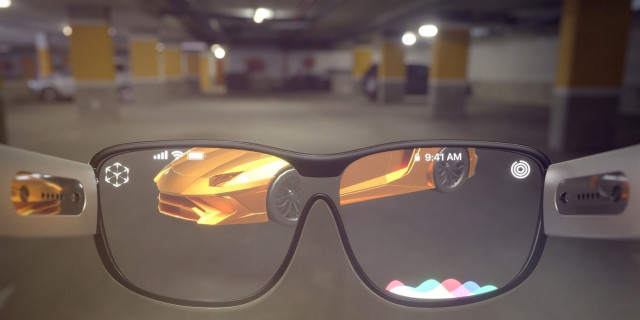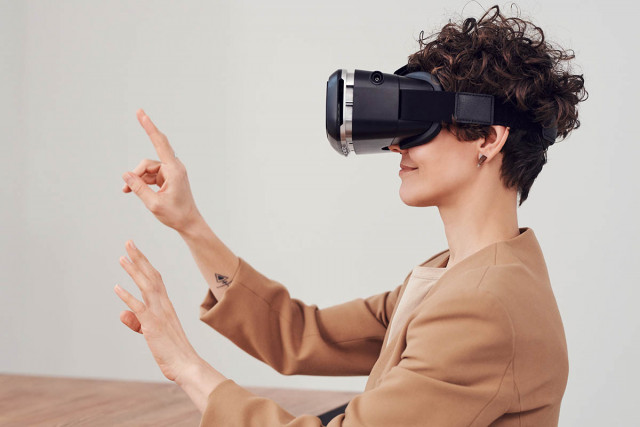How to Find the Right VR/AR Job for You
So, you are fresh out of college (or reemerging into the workforce) and looking to make a break in the field of virtual reality technology. Lucky for you, this is an extremely popular industry right now, and research suggests it will only continue growing as augmented reality technology progresses. VR is quickly becoming a trend in entertainment, education, and even business. While this is fantastic, that means VR is highly competitive. How do you stand out in the field? What can you do now to make yourself a better VR job candidate? Let us offer some insight into how to find the right VR/AR job for you, and what you need to do to be competitive.
Develop a Strategy
Brainstorm for a while. What are you looking for in a VR job? What interests you? What is most important about the company you work for? Develop a strategy for job searching within the virtual reality industry. Everyone wants to work for the top companies, but perhaps a smaller startup would be more interesting to you. It is also a smart idea to look for tech companies that align with your values while offering room for financial growth.
Fine-Tune Your Skills
Buildings skills is the most critical step to setting yourself apart from fierce competition. Read up on current best practices to stay up to date on what skills are on the most-wanted list. So, what should you focus on when skill building?
Programming Languages
Programming is the foundation for VR apps and software. If the coding aspect of VR development interests you, keep yourself versed in code such as C/C++. Do not forget about UI design as well; sharpen your UI skills for popular VR app platforms on Android, Apple, Oculus, and others. Your knowledge of how to create killer code could set you apart and mean a higher salary.
Optics
One of the newer skills that is becoming recognized is knowledge of optics. Optics relates to the visual components and hardware engineering. For the physical pieces of VR technology, optics experts are needed to increase visual performance and optics fidelity, improve battery life and connectivity, and create a better cohesive piece of hardware.
Audio/Graphics
The visual and auditory components of virtual reality matter so much. Imagine playing a video game without any sound and unattractive graphics. That would be boring, right? If the artistic side of VR appeals to you, sharped your audio/visual skills by learning how to use animation tools and 3D modeling programs.
Research the Market
Research the market from multiple angles. What is hot right now? Can you spot any tech trends? What is the most sought-after VR job right now? What role is projected to be needed within ten years? What industries other than gaming use VR? Researching the market will create an in-depth understanding of it along the way. After all, if you do not understand the market, it is hard to navigate it to your advantage.
Network & Connect
Networking puts you in contact with professionals who can connect you with insider knowledge and opportunities. Hop on over to LinkedIn to start making professional connections before, during, and after your job search. It is incredible what you can discover about the VR industry just from being around people who are involved in it. Besides, you never know who might be the link to your new dream VR job.
Explore Companies
Explore different companies you might enjoy working with. Make a list of 10-20 companies, ranging from small startups to giant industry leaders. With every company comes a different location and a different set of benefits. Do your research here, and pay attention to what each company is looking for. Remember, use your intuition to determine how you feel about those chosen companies.
Try Everything Once
You never know what you will truly enjoy until you have tried it once. The best way to know which VR job is right for you is to experiment and dive deep into the field. Throw on an augmented reality headset and see what the buzz is about. Take all opportunities to try VR demos, go to VR events, and talk with VR innovators.





